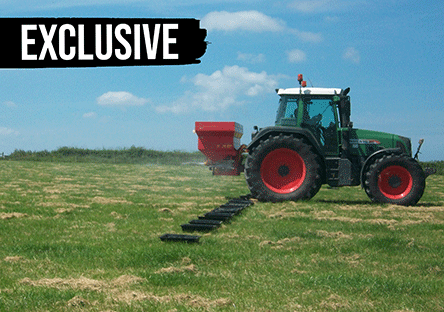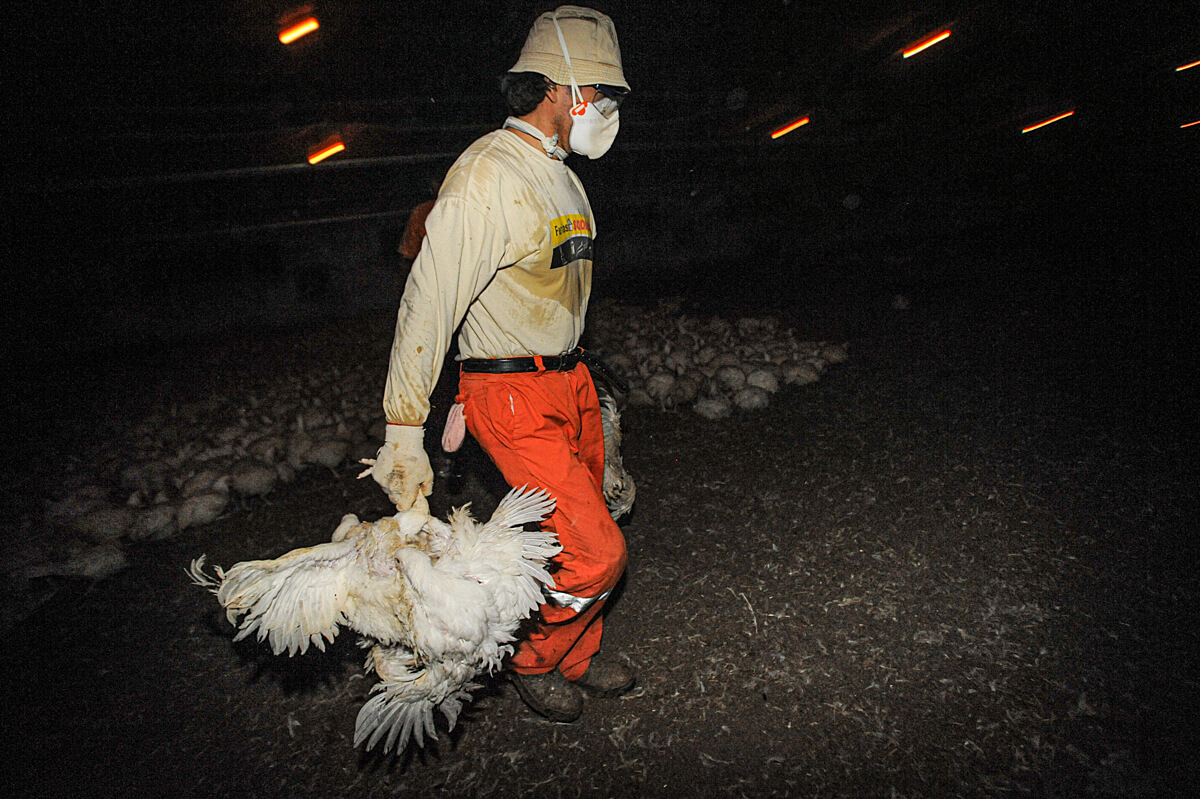Exclusive: Louise Gray, in Glasgow
Scientists and farmers are angry that UK diplomats at the recent COP26 climate talks in Glasgow failed to include cutting nitrogen pollution as part of efforts to reduce greenhouse gas emissions.
The Glasgow Climate Pact just about kept alive the hope that global temperatures can be kept below 1.5 degrees of warming, although Greenpeace described it as “on life support”.
To achieve the goal, greenhouse gases will have to be brought down to net zero by 2050 at the latest. But scientists say a key opportunity to reduce greenhouse gases was missed by the UK presidency in charge of the talks, and it’s an areas that directly relates to farming.
The Nitrogen4NetZero initiative was put forward by the International Nitrogen Initiative (INI), a group of scientists concerned about the impact of nitrogen pollution on human health, climate change and biodiversity. The group point out that nitrous oxide has 300 times the warming potential of carbon dioxide.
The initiative, which proposes halving nitrogen waste by 2030, had already gained support from several countries in south Asia, led by Sri Lanka, and there was hope more might sign up.
In contrast, a pledge to cut methane by 30 per cent was promoted at COP26 and resulted in more than 100 countries signing up.
Yet the UK chose not to put forward the Nitrogen4NetZero, a similar initiative, and use the impetus of hosting the high profile talks to ask more countries to join.
“You cannot reach net zero without cutting nitrogen pollution,” said Professor Mark Sutton, chair of the INI, who told Wicked Leeks he was “depressed by the lost opportunity”. “The UK had one chance to get nitrogen on the table and they missed it,” he said.

The main source of nitrogen pollution is nitrous oxide that enters the atmosphere after artificial nitrogen fertiliser is applied to the soil. This could be reduced by using natural fertilisers, such as crops that ‘fix’ nitrogen into the soil, like clover, and precision farming, where farmers might use GPS on tractors to apply nitrogen fertiliser only where it is needed.
It comes as a recent report released during COP26 identified the production and application of synthetic nitrogen fertilisers as “a major driver of the climate crisis”.
Jo Lewis, policy director at the Soil Association, was also disappointed in the failure to talk about artificial fertiliser and intensive livestock production at COP26.
She said: “Farming’s reliance on soya as animal feed and energy intensive artificial fertilisers are key drivers of global deforestation and nitrous oxide emissions. We must radically reduce reliance on harmful chemical inputs and curb our insatiable appetite for animals that have been fed with soya from South America.”
It was hoped the UN’s earlier efforts to bring farming into the climate change talks, the Koronivia Joint Work on Agriculture would be concluded at COP26, but the process, including efforts to bring agroecology into discussions, is ongoing.
Ceris Jones, climate change advisor at the National Farmers Union, said the talks were “disappointing”. She said efforts by the NFU to present some of the solutions farmers could offer in cutting greenhouse gases were not given enough prominence.
“Agriculture is a sink as well as a source of greenhouse gases and it simply was not talked about enough,” she said.
Feedback, the environmental and food waste charity, said COP26 had failed to do enough to reduce emissions from the food sector, including methane from food waste and animal agriculture.
Pete Ritchie, an organic farmer and director of Nourish Scotland, said food systems as a whole were neglected at COP26, including the management of nitrogen.
He said efforts must now focus on ensuring farming and food systems are top of the agenda at COP27, in Sharm El Sheikh, Egypt. “Food systems will have to be absolutely central to the next COP,” he said.
How do you think farming can contribute to keeping global warming below 1.5 degrees? Comment below.













How can we all help to get Farming and Fertilisers on to the top of agenda for COP27?
Give us some suggestions……
Well the UK Presidency is in charge until COP27 so there is an opportunity to keep pushing on climate change https://inews.co.uk/opinion/cop26-climate-change-uk-work-to-do-alok-sharma-1301735 The Koronivia process is the UN’s effort to cut emissions from climate change and is also due to come up with some decisions at COP27 The NFU and Soil Association are both campaigning to strengthen these agreements. As individuals I think our best bet in just under a year is to engage vis these organisations. Be interested in more suggestions!
Write to our MPs too, especially in rural areas?
Thank you for that article, Louise, I’d no idea about the Nitrogen4NetZero initiative.
LOW EMISSION FOOD PRODUCTION SYSTEMS (Sarath Ranaweera, Ph.D.)
The low emission food production is the one of the contributory factors to keep global warming controlled.
Any food production system comprises of different stages that are inter-connected with each other and essentially starts from the production of raw materials. The production of raw materials has become the major importance in controlling Agri-food production and if this step is not monitored properly the damage done to the environment cannot be prevented. Why the production of raw material is so important because there are many non-controllable factors which could attribute negatively for the environmental pollution due to higher emissions mainly in open field Agri production methods. However, the followed-up steps such as pre-possessing, secondary processing and final processing step including adding value and in the final processing, the emission levels can be easy monitored and controlled to a higher degree unlike in the open field cultivation. Since the emissions in the later stages can be easily monitored and controlled effectively, the emission in production of raw materials must be given the highest priority and major importance in the complete chain of the food production.
Most of the conventional or modern Agri production methods leave rooms for higher emission of GHG (Greenhouse gases) such as methane, carbon dioxide and nitrous oxides. Many research papers published have undoubtedly confirmed the GHG emissions and its relationship with soil and plant inputs. Based on many research findings, a high yielding Agri production method system can be proposed using bio-fertilizers consisting of selective ingredients with low input levels of organic Nitrogen(below1.5%). The applications of the selective combinations of different beneficial microbes sourced locally need further investigations prior to the introduction for commercial application on different crops. (Ground level experience of mine in commercial agriculture supported by R&D has resulted in remarkable results in Sri Lankan soils.) However, when the similar procedures are applied on the different Soils and climatic conditions along with the locally sourced beneficial microbes in the UK, a few research activities must be conducted with a selected university and a research institute in addition to the field trials in commercial farms on different crops. This approach will result in higher yielding, low emission Agri production and restoration of soil health. Reaching these three key aspects together show an approach or the way forward for food security, environmental protection, and the overall sustainability. Maintenance of soil health can also be supported by introducing Biochar at a stage.